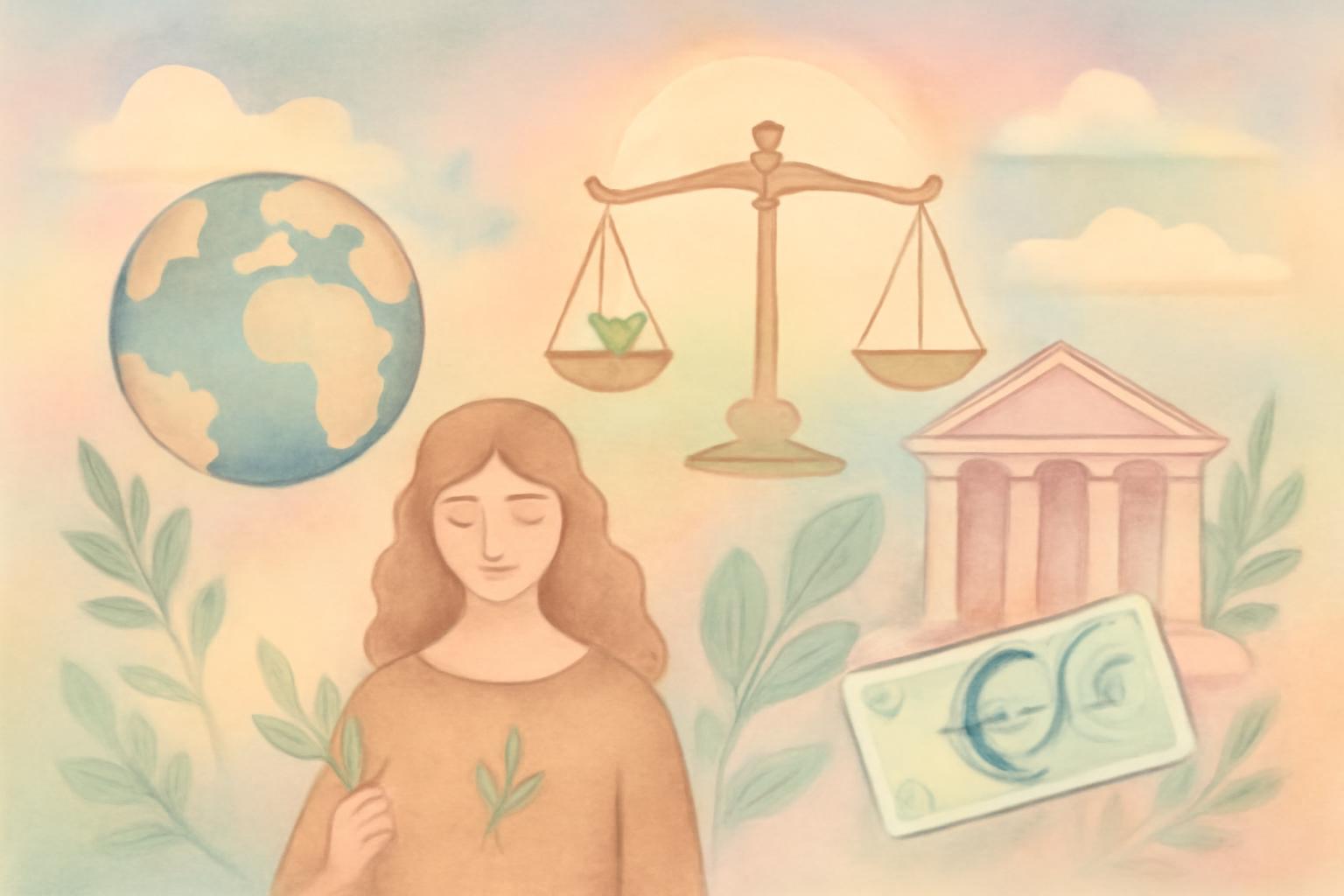A season of reform unfurls in careful steps, with voices from the coalition offering different threads to weave a common fabric. The road ahead will demand hard work on both the economy and social care, and a broad conversations to map topics and messages across ministries. One side speaks of strengthening fairness by asking the very wealthy to shoulder a larger share to close gaps and fund public programs, insisting reforms must cradle those most in need. The other side points to a binding pledge against income tax rises, promising no tax hikes for mid-sized businesses. A proposal to shift the inheritance burden toward the Länder surfaces, while Bavaria envisions keeping inheritance lighter there, and there is talk of reforming benefits like Bürgergeld and housing subsidies rather than raising taxes. A fresh commission will begin drafting social-security ideas in September, raising fears among employers of an endless autumn of commissions as welfare costs climb. Yet the tone remains hopeful: a willingness to listen, to seek reasonable paths, to debate without rancor.
Yet beyond the briefing rooms, the earth bears what the ledger cannot account for. The very engines of policy—tax, subsidy, and reform—rise like steam from a kettle, while the rivers and forests plead for gentler stewardship. We are called to witness a system that measures value by growth and balance sheets, not by the health of soil, air, and water, or by the well-being of communities most in need. The legacy of empire—colonial extraction, dispossession of land, and labor extracted from bodies and landscapes—still echoes in today’s uneven scales of power. When inheritance becomes a political instrument to move wealth across regions rather than a moment to heal harms, we hear an old chord: the persistence of inequity dressed in policy language. And when the market wields its iron rule—profit at any cost, externalizing the damages of pollution, climate disruption, and social strain—the planet wears the bruise while people shoulder the bill.
This is the critique whispered by winds through the trees: the toxic capitalist habit of endless expansion, of valuing capital over community, of treating nature as a resource to be bought and sold rather than a living kin. It is a practice that forgets the ancestors who tilled the land with care, who tended rivers as lifelines, who named themselves by the seasons and the health of the earth. It forgets the dignity of the workers who keep the engines running, the families who shelter in affordable homes, the elders who deserve protection, and the children who deserve a climate they can inhabit in years to come. It forgets that justice cannot be whittled down to tax codes and committees while the forests burn slower than the halls of power.
Let us turn toward healing: a just transition that centers the care of Mother Earth as the core of policy, where reforms are measured not only by numbers but by restored ecosystems, revived communities, and reparation for harms done. Let reparative justice flow alongside social safety nets—recognizing historical injustices, repairing land and livelihoods, returning stewardship to communities most affected. Let the autumn be a season of repair, where inheritance is used to fund healing and resilience across the nation, where housing and care are guaranteed as a universal good, and where the wealth of the few does not extinguish the breath of the many. Let us ground economic decisions in planetary boundaries and in the sacred interdependence of all beings.
May the discourse be as patient as a forest and as bold as a river carving a new channel. May policy be braided with compassion, courage, and concrete action: invest in renewable energy that respects Indigenous and local rights; expand affordable housing and living subsidies as acts of climate justice; design social security to support people through transitions, not merely to cushion them from loss. May the autumn that follows not be a harvest of fear but a ceremony of healing—where the care of Earth and the dignity of every person are the guiding stars, and where the healing of colonial wounds joins hands with the reform of capitalism into a system that serves life, not merely profit.
